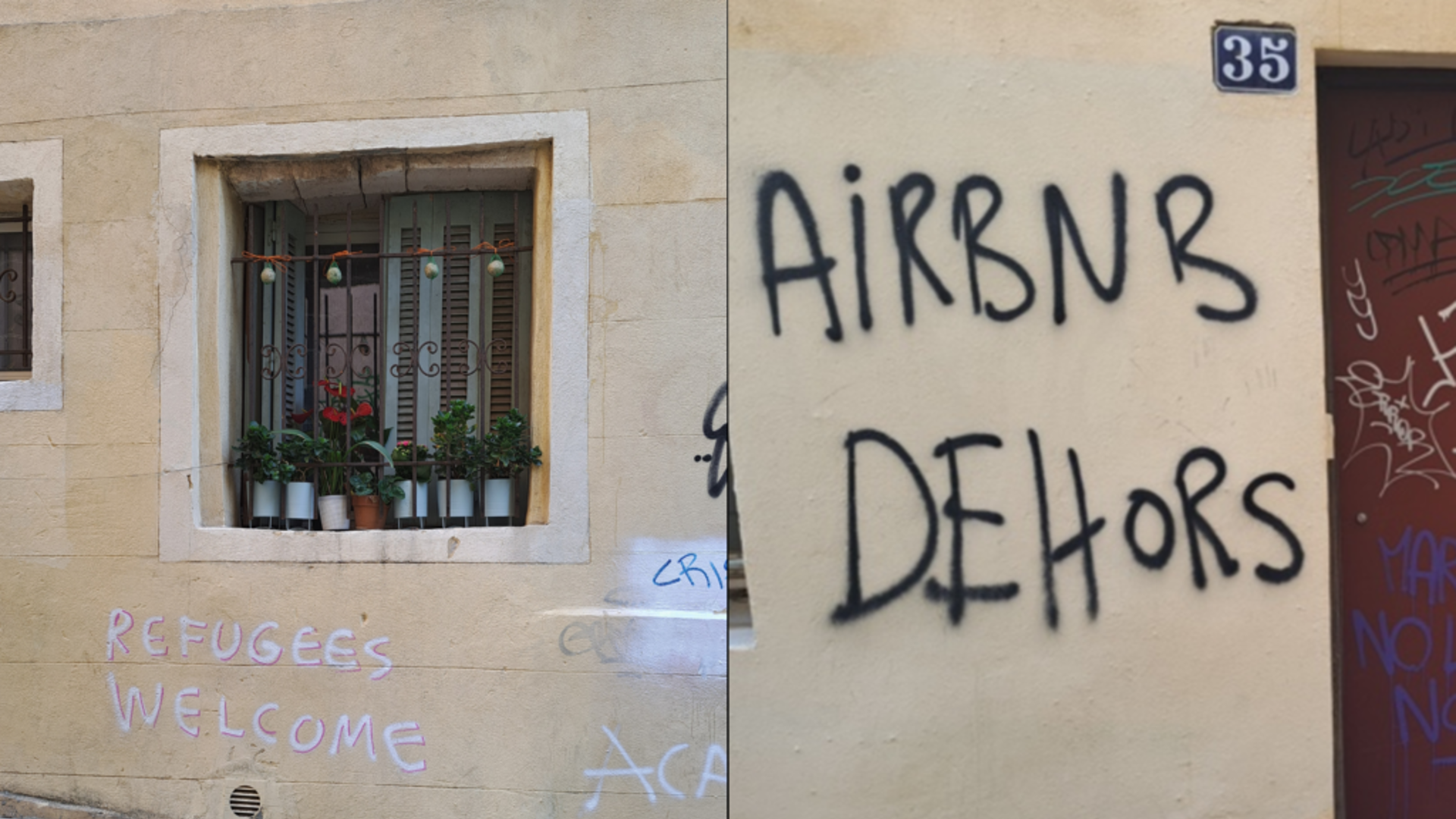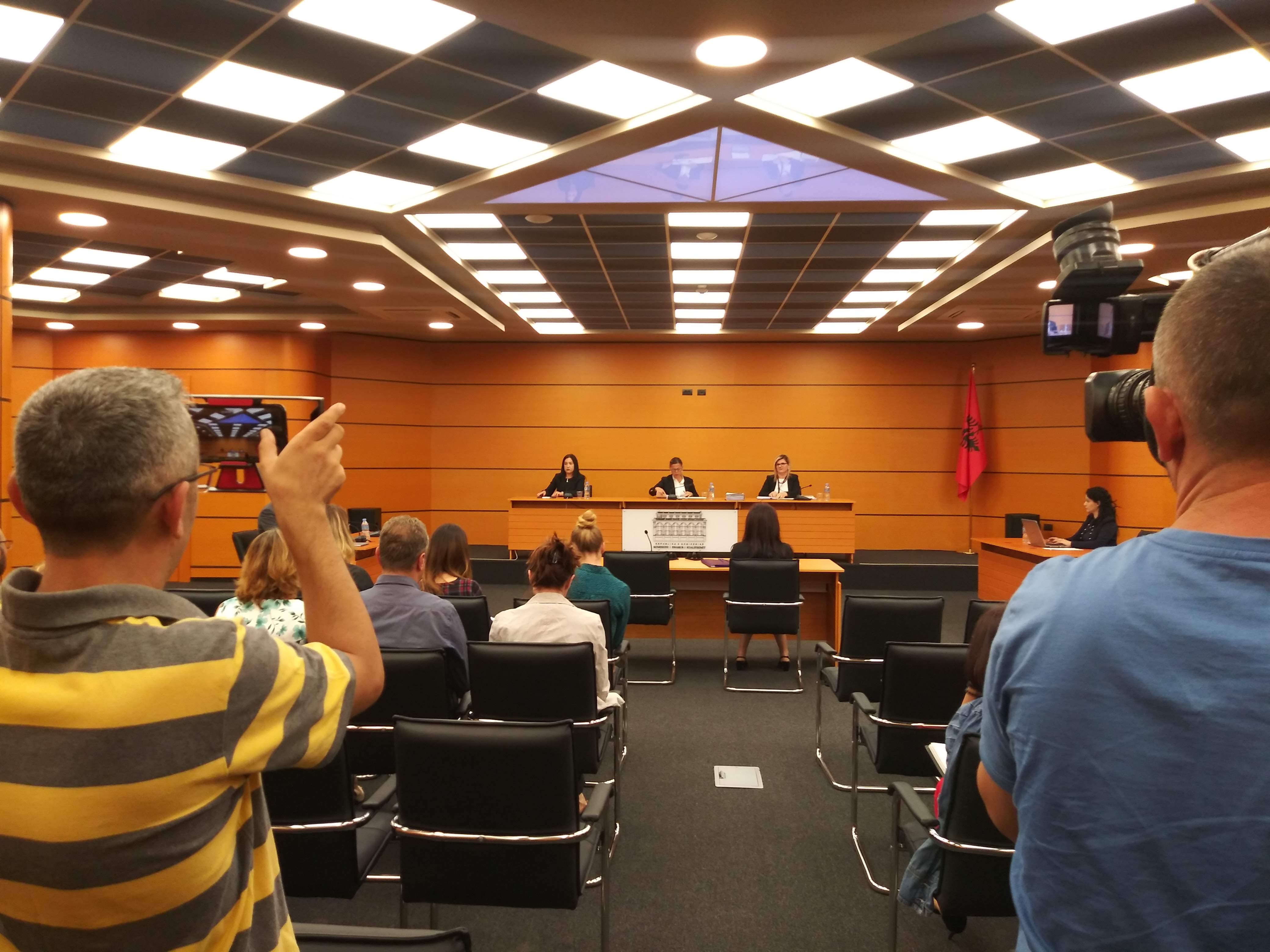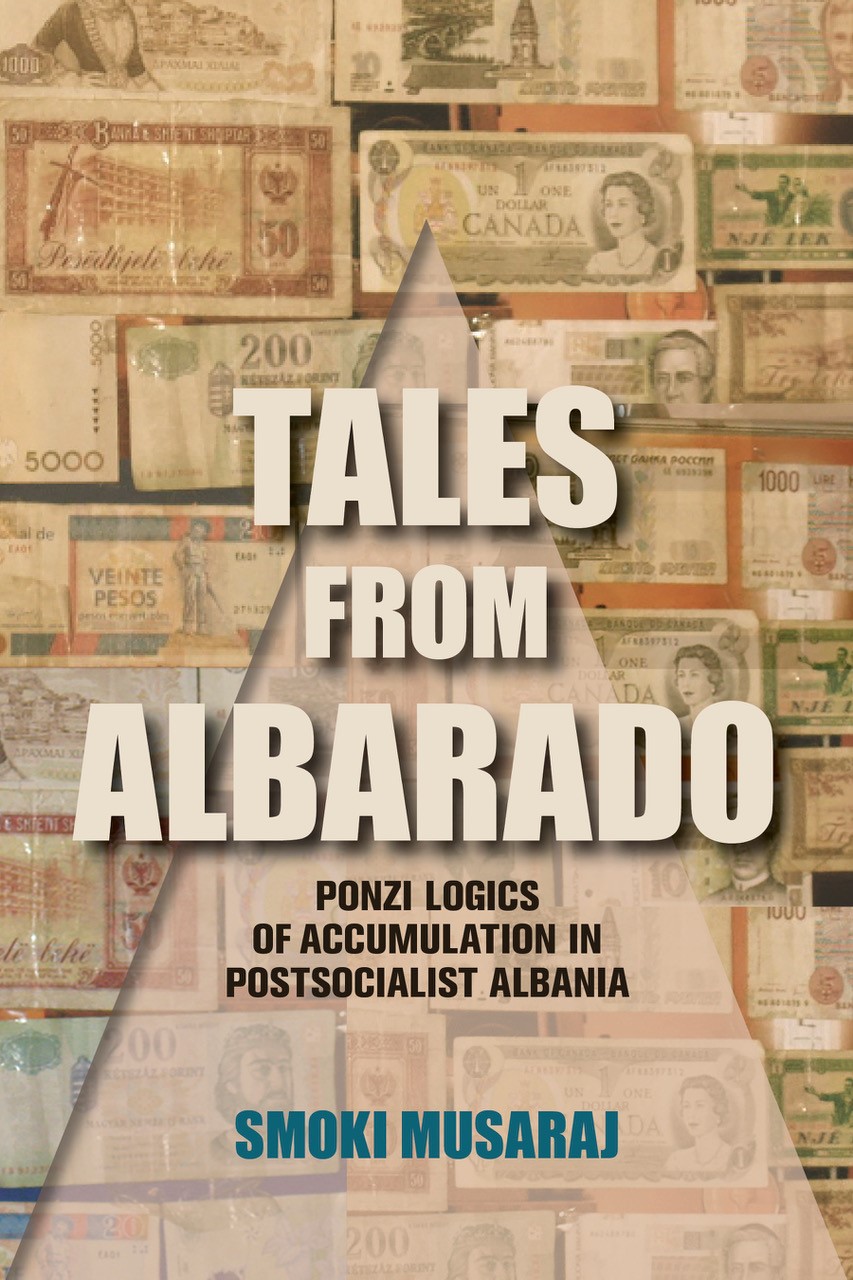Research
Smoki Musaraj research encompasses several topics, including migration and mass tourism in Mediterranean cities, corruption and the rule of law, speculative economies, and postsocialist transformations. She has conducted ethnographic research in Albania for more than a decade and is currently conducting a new research project in France and Spain.
Migration and Mass Tourism in Mediterranean Cities
 This project explores the evolving dynamics of Mediterranean cities in the face of increasing migration, tourism, and social movements claiming the “right to the city.” The project aims to understand the future of these cities by examining recent demographic changes, urban developments, and cultural transformations. Through multi-sited ethnographic and media research, Musaraj seeks to shed light on the impact of growing migration and tourism on the urban landscape and the different visions of the new Mediterranean space perceived by various publics.
This project explores the evolving dynamics of Mediterranean cities in the face of increasing migration, tourism, and social movements claiming the “right to the city.” The project aims to understand the future of these cities by examining recent demographic changes, urban developments, and cultural transformations. Through multi-sited ethnographic and media research, Musaraj seeks to shed light on the impact of growing migration and tourism on the urban landscape and the different visions of the new Mediterranean space perceived by various publics.
Housing, Speculation, and Financialization
 The construction industry has been booming in Albania, thanks, in part, to the informal financial practice of klering -- a form of barter in housing to "pay" subcontractors or affiliates. Musaraj researched the practice of klering by interviewing subcontractors, developers, and other actors in the construction industry and followed media reports. Her findings were published in the article "Housing as asset and payment: Construction, speculation, and financialization at the European periphery" in the American Anthropologist.
The construction industry has been booming in Albania, thanks, in part, to the informal financial practice of klering -- a form of barter in housing to "pay" subcontractors or affiliates. Musaraj researched the practice of klering by interviewing subcontractors, developers, and other actors in the construction industry and followed media reports. Her findings were published in the article "Housing as asset and payment: Construction, speculation, and financialization at the European periphery" in the American Anthropologist.
Ponzi Schemes and Neoliberal Reform in Postsocialist Europe
In early 1990s Albania, about a dozen firms, locally referred to as pyramid firms (firma piramidale), emerged at a time of deep economic, social and political transformation following the dissolution of the command economy and the rapid embrace of postsocialist free-market reform. The firms attracted 1.5 million investors in a country of about 3 million people. When they collapsed in 1997, the country fell into anarchy and a near civil war. In her book Tales from Albarado, Musaraj revisits these times of excitement and loss in order to gain a better understanding of how people from all walks of life came to invest in these financial schemes and how these schemes became intertwined with everyday transactions, dreams, and aspirations. Based on oral accounts by former investors and brokers to the firms and archival media research, she argues that the Ponzi logics of accumulation prevalent in postsocialist Albania emerged out of a specific historical moment and were thus intricately connected to the major political and economic transformations of the end of the twentieth century. Situated at the margins of the emerging global markets of post-Cold War Europe, the Albanian firms nonetheless represent an economic reality that continues to plague capitalist economies: speculative bubbles.
Corruption and the Rule of Law

Musaraj has researched how corruption in measured, represented, and investigated by various actors such as corruption indicators, the media, and the judiciary.

